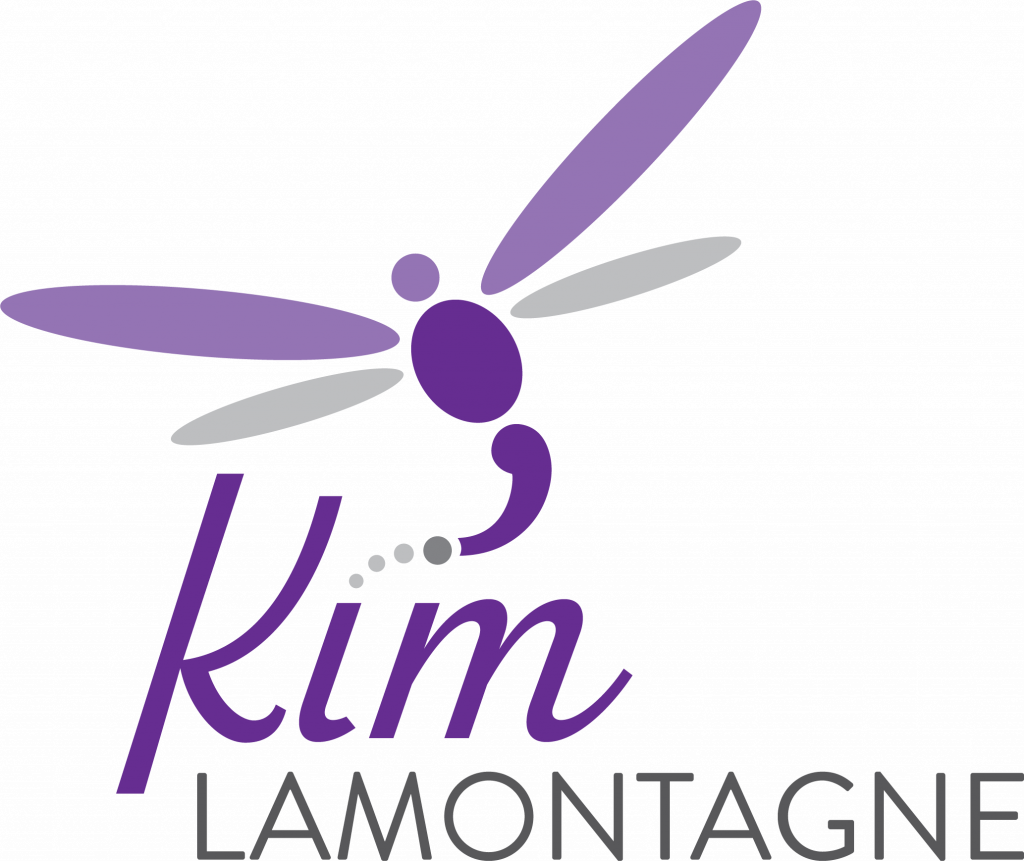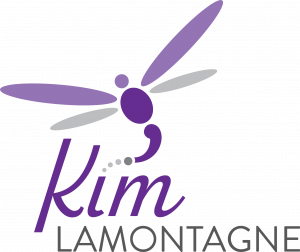PRESS RELEASE
Workplace mental health training program teaches leaders how to create a culture of safety
 DERRY, N.H. (July 22, 2021) – The Kim LaMontagne, LLC team has earned the Recovery Friendly Workplace (RFW) designation from the New Hampshire Recovery Friendly Workplace initiative. The RFW initiative was founded in 2018 by Governor Chris Sununu to encourage an environment where employers, employees, and communities can collaborate to create positive change and eliminate barriers for those impacted by substance use. To address the impacts of Covid-19, and the undeniable relationship between substance use disorder, mental health challenges, and trauma, RFW has leveraged strong community partnerships to offer an impressive array of no-cost services, training, and support to workplaces. LaMontagne’s focus on creating a ‘culture of safety’ where everyone feels safe to speak openly about mental health, substance use disorder (SUD), and recovery, without fear of judgment, retribution, or job loss is in perfect alignment with the RFW mission.
DERRY, N.H. (July 22, 2021) – The Kim LaMontagne, LLC team has earned the Recovery Friendly Workplace (RFW) designation from the New Hampshire Recovery Friendly Workplace initiative. The RFW initiative was founded in 2018 by Governor Chris Sununu to encourage an environment where employers, employees, and communities can collaborate to create positive change and eliminate barriers for those impacted by substance use. To address the impacts of Covid-19, and the undeniable relationship between substance use disorder, mental health challenges, and trauma, RFW has leveraged strong community partnerships to offer an impressive array of no-cost services, training, and support to workplaces. LaMontagne’s focus on creating a ‘culture of safety’ where everyone feels safe to speak openly about mental health, substance use disorder (SUD), and recovery, without fear of judgment, retribution, or job loss is in perfect alignment with the RFW mission.
Karen Morton-Clark, a recovery friendly advisor for the RFW initiative says, “the collaboration between Kim and the RFW initiative supports building resilient communities that are educated, responsive, and conscious of the impact of both SUD and mental illness in support of New Hampshire’s Ten Year Mental Health plan. We are excited to have Kim and her team become one of our 285 Recovery Friendly Workplaces who represent a diverse array of sectors, including manufacturing, hospitality, construction, and non-profits, such as Granite United Way and the Dover Mental Health Alliance, as well as all Regional Public Health Networks and Recovery Community Organizations. We look forward to exploring opportunities jointly with Kim and these partners to provide greater understanding and compassionate support to those who have been impacted by substance use disorder and mental health challenges in the communities we serve.”
“It is an honor to work with Governor Sununu’s Recovery Friendly Workplace initiative. As a newly designated RFW, I am committed to creating and sustaining a ‘safe workplace culture’ that fosters open dialog about substance use disorder, mental health and recovery without fear of judgment, retribution, or job loss.” As a partner with RFW, I have committed to providing solutions to help business leaders shift the culture of mental health in the workplace and create safe spaces where employees can step forward, without fear, and ask for help. Lives depend on it,” LaMontagne said.
Kim LaMontagne, LLC is committed to creating and sustaining a mentally healthy and safe workplace culture through its participation in the RFW initiative. A mentally healthy workplace culture is one where everyone feels safe speaking openly about mental health and substance misuse without fear of judgment, retribution, or job loss. There is an urgent need to address mental health in the workplace and create a culture within organizations that empowers employees to step forward to say, “I’m not ok and I need help.”
Lamontagne, an expert and advocate for mental health in the workplace designed a corporate training program called the “4 Pillars of Creating and Sustaining a Mentally Healthy Workplace Culture.” The curriculum is available in three formats: live/onsite, virtually and on demand. The main goal of the 4 Pillars is to teach leaders not to be afraid of mental illness. It teaches how to create a culture of safety in the workplace where everyone feels safe to speak openly about mental health without fear of judgment, retribution, or job loss. LaMontagne is offering a reduction in cost on The 4 Pillars training to all New Hampshire RFWs.
It’s estimated that there are around 135,000 individuals in recovery from substance use disorder (SUD) in the state of New Hampshire, with 75 percent of that community making up a portion of the state’s workforce. Recovery Friendly Workplace (RFW) is an initiative founded by Governor Chris Sununu to empower workplaces to provide support for employees in recovery from substance use disorder, in collaboration with New Hampshire Community Development Finance Authority (CDFA). More information on SUD-related information and resources in New Hampshire, is available by calling New Hampshire’s 2-1-1, visiting thedoorway.nh.gov, or learn more about peer recovery services at nhrecoveryhub.org. Learn more about Kim LaMontagne at kimlamontagne.net and RFW at recoveryfriendlyworkplace.com.
About Kim LaMontagne
Kim LaMontagne, MBA, is an international speaker, trainer and mental health in the workplace expert and advocate. She is a teacher and state trainer with the National Alliance on Mental Illness, a member of the Dartmouth-Hitchcock Campaign to Combat Behavioral Health Stigma and Discrimination and a regular contributor on the topic of mental health for Show Me Your Stethoscope, a Facebook group of 640,000 nurses and healthcare professionals. She is also the author of “It’s Ok to Not Be Ok,” and a contributing author of “The Strength of our Anchors.” A complimentary training consultation can be scheduled at kimlamontagne.net or by email at info@kimlamontagne.net.
About Recovery Friendly Workplace (RFW)
RFW was established by Governor Sununu in 2018 to encourage an environment where employers, employees, and communities can collaborate to create positive change and eliminate barriers for those impacted by substance use. A strong example of the public and private sectors coming together, key partners include the Governor’s Office, the Department of Business and Economic Affairs, the Community Development Finance Authority (CDFA), Granite United Way, NH Works for Recovery, the Community Health Institute (CHI), as well as numerous other business partners, non-profit organizations, Regional Public Health Networks, and Recovery Community Organizations.

